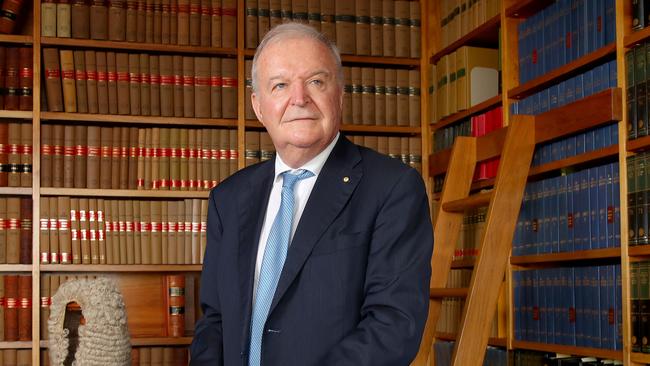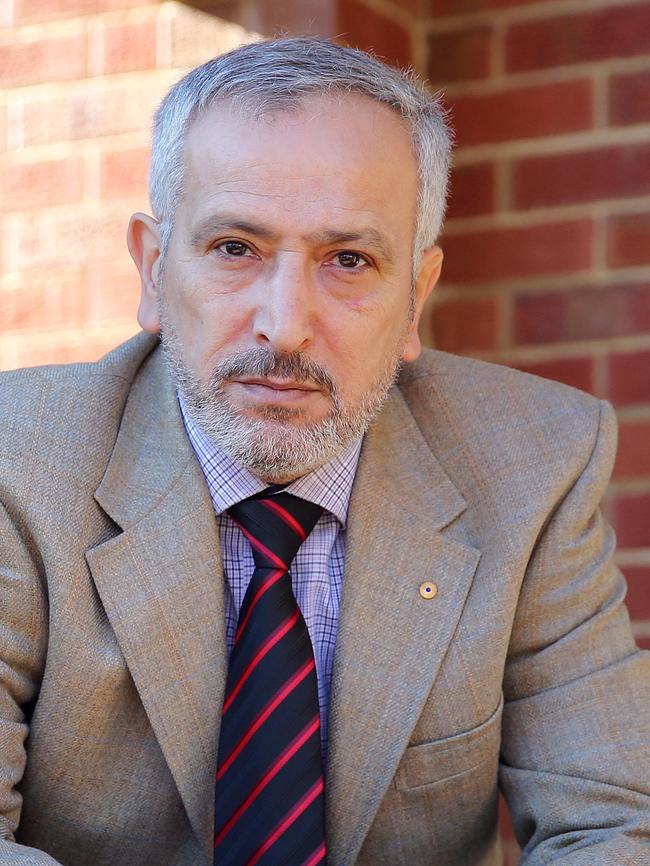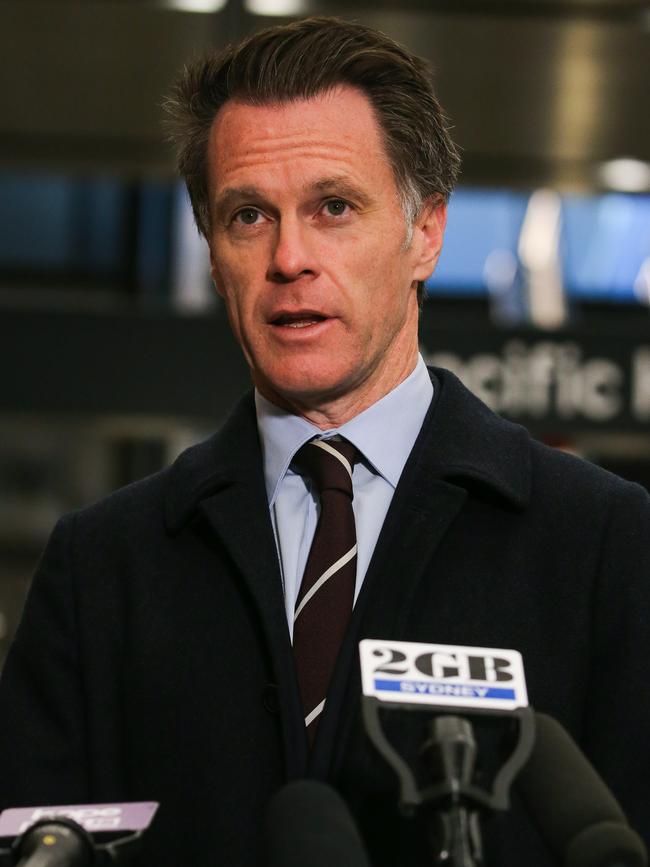Reform of NSW’s hate-speech laws draws near
Reform of NSW’s hate-speech laws has drawn closer with the release of an options paper as religious and political leaders said that change couldn’t – and hadn’t – come soon enough.

Reform of NSW’s hate-speech laws is closer after former state chief justice Tom Bathurst released draft “options” to strengthen the legislation, with religious and political leaders saying change couldn’t come soon enough.
The options paper from Mr Bathurst and the Law Reform Commission is a significant step in strengthening the provisions, enclosed in section 93Z, and provides a glimpse of how that could look.
Muslim community leader Jamal Rifi criticised the law in its current form, saying he hoped that the final recommendations were soon and ensured the “balance was right”.
“I have a personal experience with (section 93Z), after it failed to redress the harm done to me in its current form,” Dr Rifi said, pointing to hate speech directed towards him and his family previously. “I had to file a complaint for hateful rhetoric against online trolls and had been told that 93Z would protect me.
“I went through collecting evidence and all the terrible things that were written against me to include in my submission, only to be told that NSW police couldn’t act on it.”

Released in June, the paper was provided to religious bodies, who have until Friday to respond, before Mr Bathurst delivers his report to NSW Attorney-General Michael Daley, likely in July.
Hindu Council of Australia vice-president Surinder Jain said 93Z needed to be amended to allow for prosecutions against those who “spread hate and anti-Semitism”.
“Legislation must act as a deterrent against those calling for harm to Jewish people or any other Australian community,” he said; free speech was a “fundamental right” but hate speech was not.
Section 93Z outlaws “recklessly inciting violence (by a public act)” on the grounds of, among others, “race or religion”.
The options include expanding “public act” to “public place”, or replacing “incite” with terms like “promote” or “glorify”.
The latter is significant given direct incitement is difficult to prove, with a narrow and high threshold, although Mr Bathurst suggested a different amendment could instead address issues like the scope itself.
Mr Bathurst said retaining 93Z’s “recklessness” would encourage people to think about the consequences of “inflammatory remarks”, after some argued for its omission.
Introducing “hatred” into the code seemed unlikely, given concerns of “overreach”.


Rule of Law Institute of Australia vice-president Chris Merritt said it appeared the review was leaning towards “broadening incitement” to potentially incorporate indirect instances.
Mr Merritt said direct incitement was captured by 93Z but not broader, or “glorifying”, language that had similar effect.
The state recently registered its first 93Z conviction, and political figures have been monitoring the review’s progress.
NSW Senator Dave Sharma said the review had come too late, given inaction by the authorities who were “hiding behind” it, driven by a “failure of leadership”.
Berowra MP Julian Leeser said while ineffective provisions needed to be amended, having legislation was “useless” if it wasn’t being enforced.




To join the conversation, please log in. Don't have an account? Register
Join the conversation, you are commenting as Logout